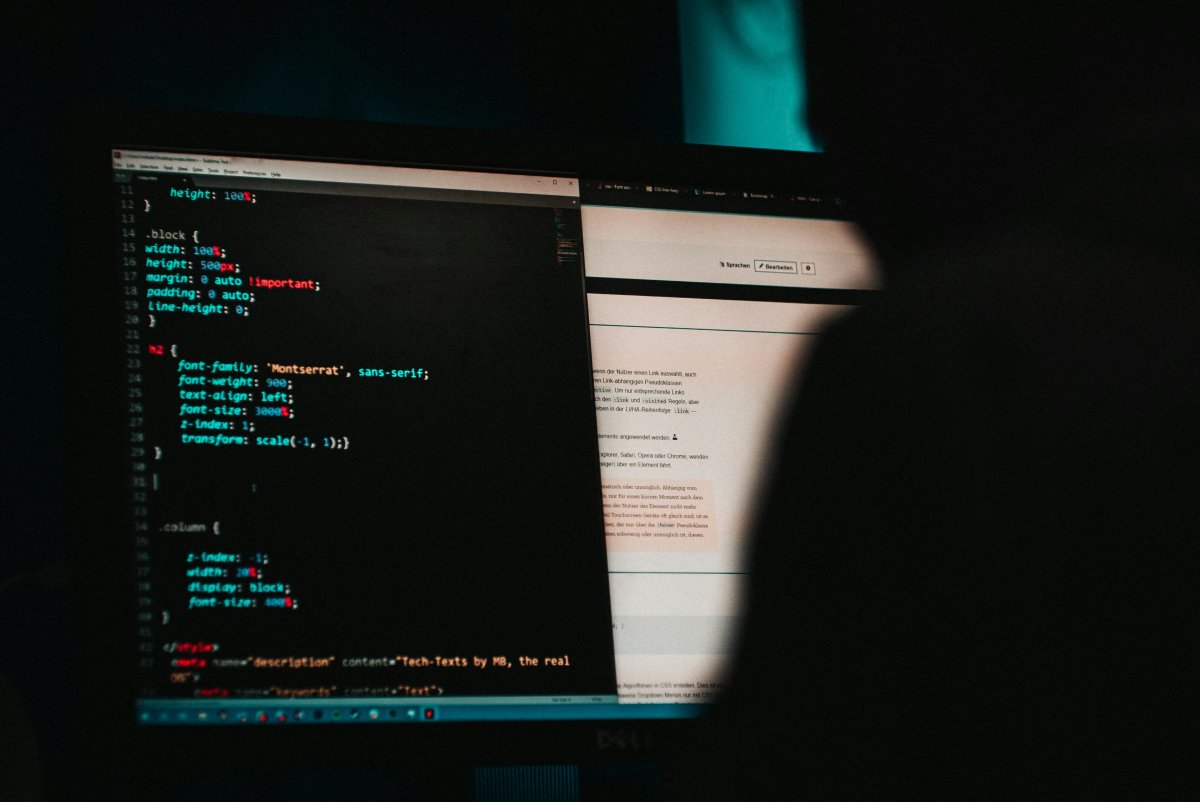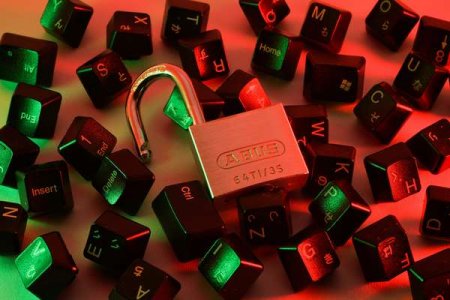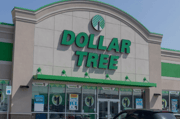
If you thought your password was safe, it’s time for a reality check—because the internet just got hit with what experts are calling the “mother of all data breaches”.
In a staggering leak that’s shaking up cybersecurity circles, 1.3 billion unique passwords and nearly two billion email addresses have been dumped online, exposing personal credentials on an unprecedented scale.
Whether you’re a casual scroller or a digital power user, this breach could affect you. It’s not just tech jargon—it’s a wake-up call. So before you log in, shop, or send that next email, take a moment to find out if your information is part of this historic leak—and learn what you can do to protect yourself.
What’s the story behind this breach?
Nearly two billion email addresses and 1.3 billion passwords have just been added to the world's largest database of compromised credentials, and the numbers are staggering enough to make even cybersecurity experts take notice.
A record-breaking trove of stolen credentials has just been processed by the well-known security platform, Have I Been Pwned (HIBP), marking the largest single batch of compromised data ever reviewed.
This latest cache is nearly three times the size of any previous breach, setting a new and troubling benchmark for cyber exposure.
What’s especially alarming is that 625 million of the passwords had never appeared in any known leak before, making them fresh entries into the dark web’s arsenal of stolen information.
To put it in perspective, with over 5.5 billion people using the internet worldwide, there’s a good chance that you—or someone you know—has had at least one account compromised.
How did this happen?
This wasn’t the result of one company getting hacked or a single headline-grabbing breach. Instead, it resembled a sweeping digital excavation.
A college student behind the threat intelligence platform, Synthient, pieced together stolen credentials from a wide range of sources—places where cybercriminals had quietly posted leaked data.
Imagine someone collecting scattered loot from hidden corners of the internet, assembling it into one massive archive of compromised information.
“It’s the most extensive corpus of data we’ve ever processed, by a significant margin,” said Troy Hunt, Microsoft regional director and most valuable professional, and a blogger at the security blog TroyHunt.com.
The dataset was built from two primary types of compromised information: credentials harvested by malware from infected devices, and lists used by cybercriminals in credential stuffing attacks to breach other accounts.
Hunt confirmed the legitimacy of the data by reaching out to individuals whose details appeared in the collection. His findings revealed a mix—some passwords were outdated and no longer in use, while others were still actively securing live accounts.
How to check if you're affected (safely)
You don’t have to be a computer genius to find out if your details are in the wild.
HIBP offers a free service where you can check if your email address or password has been exposed.
Their “Pwned Passwords” tool lets you see if a password has ever been leaked—without revealing which email it was linked to, so your privacy is protected.
Their service claims to use secure methods that don’t store your information, so you can explore with peace of mind.
What should you do if you’re affected?
If you find out your details have been exposed (or even if you haven’t—better safe than sorry!), here’s what the experts recommend:
1. Change your passwords immediately
Start with your most sensitive accounts, like email, banking, and healthcare portals.
Updating your credentials helps prevent unauthorized access.
2. Use a password manager
Tools like 1Password, Bitwarden, and Dashlane can generate and store strong, unique passwords for every account, so you don’t have to remember them all. They also alert you to reused or compromised passwords.
3. Enable two-factor authentication (2FA)
Adding a second layer of security—such as a code from Google Authenticator, Authy, or Microsoft Authenticator—makes it much harder for attackers to access your accounts, even if they have your password.
4. Avoid reusing passwords
It’s tempting to recycle the same password across multiple sites, but doing so puts all your accounts at risk if one gets breached.
5. Watch out for phishing emails
Scammers often use leaked data to send convincing messages.
Be cautious with unexpected emails, especially those asking you to click links, download attachments, or share personal information.
What does this mean for organizations?
It’s not just individuals at risk. Businesses and organizations are also prime targets for credential-stuffing attacks. A single leaked password can give attackers access to sensitive corporate systems, emails, and data.
Experts recommend that organizations:
- Enforce strong, unique passwords and regular changes
- Implement multi-factor authentication everywhere possible
- Monitor for exposed credentials and suspicious login attempts
- Adopt a “zero-trust” approach—never assume anyone is safe just because they’re inside the network
Also read: Are your loved ones safe online? A guide to protecting seniors from cyber threats.
The big takeaway: Passwords alone aren’t enough
This breach isn’t just another headline—it’s a wake-up call for anyone who relies on passwords to protect their digital life. In today’s threat landscape, reused, predictable, or outdated passwords simply don’t cut it.
Cybercriminals are evolving, using sophisticated tools and massive stolen datasets to break into accounts with alarming ease. And with billions of credentials now floating around the dark web, the risk isn’t theoretical—it’s personal.
If you’re still relying on the same password across multiple sites, now’s the time to rethink your strategy.
The message is clear: to stay safe online, we need to go beyond the basics and take digital hygiene seriously.
Have you checked your email or password on HIBP? Were you surprised by the results? Do you have any tips for keeping your online accounts safe? Share your experiences and advice in the comments below—let’s help each other stay secure in this digital age!
And remember: A little effort now can save you a lot of trouble down the track. Stay safe, GrayViners!







